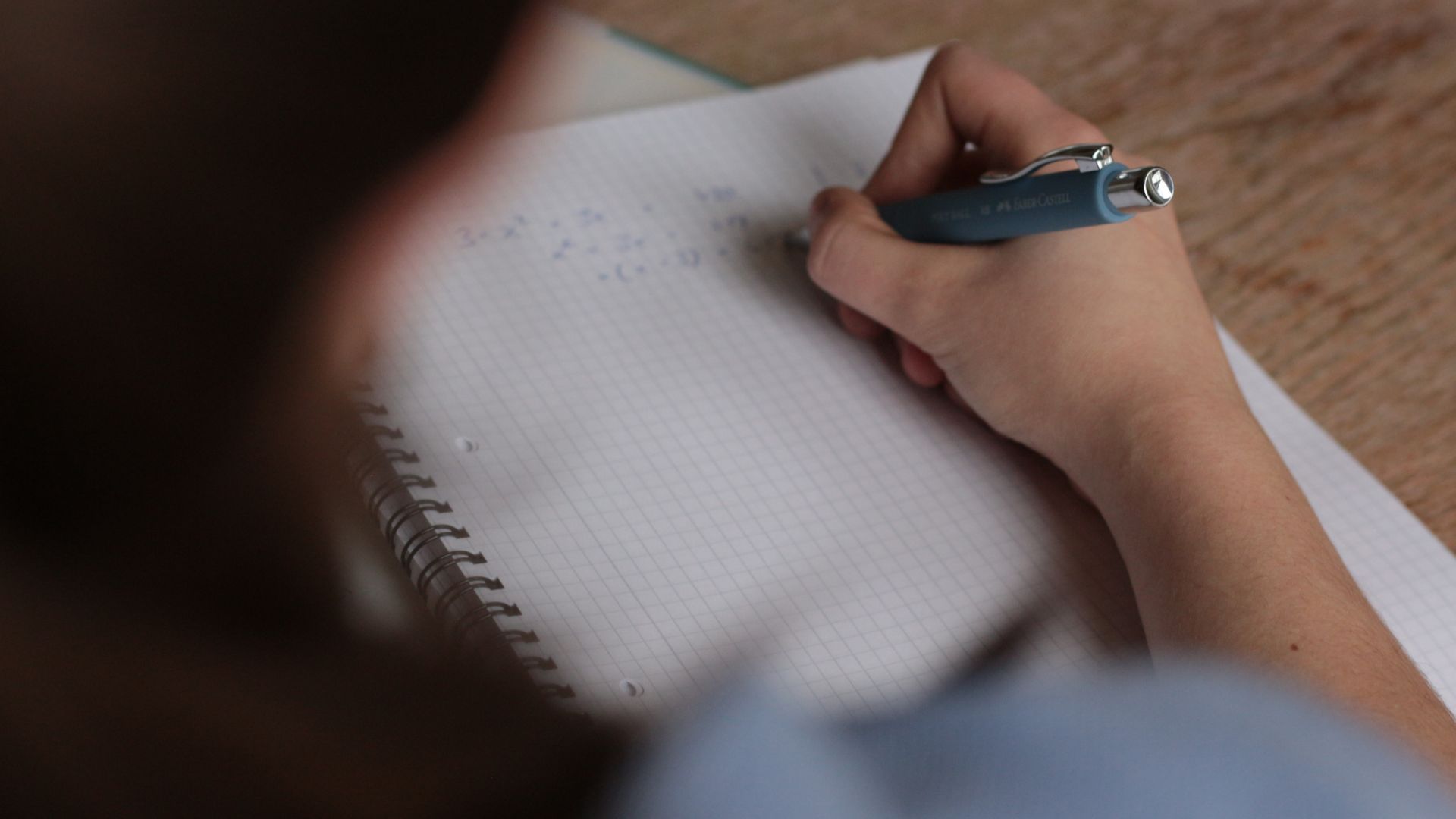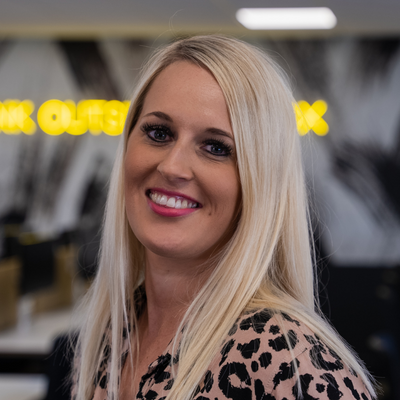
Social Media Guidance for Teaching Professionals
03 Mar, 20231-2 minutes
Your school will expect you to understand and adhere to its detailed social media policy. Schools advocate and utilise social media policies for a number of purposes, but their overriding function is to protect staff, students and parents from the many issues that can arise as a result of posting on social networking sites.
Staff
Staff may be vulnerable to malicious and defamatory comments (and potentially even threats and abuse) from parents or pupils, and to allegations of grooming and other forms of online abuse. Twenty one per cent of teachers say they've had derogatory remarks made about them online.
Parents
Parents may become involved in online disputes with other parents through social media.
They may also potentially put their child and others within the school at risk by sharing photos, videos or other information that could make the children identifiable to others.
Pupils
Pupils are at risk of cyber bullying, and may also become involved in cyberbullying themselves. They are also vulnerable to other serious crimes such as grooming and abduction if they share too much personal information on social media.
The main aim of any school’s social media policy is to keep everyone within the school safe and within the law. Because the policies aren't mandatory, schools are free to decide what they include. Often, the policies are divided into three separate sections directed at staff, parents and pupils.
For staff, requirements typically include:
- Not accepting friend requests from current pupils or ex-pupils under the age of 18.
- Notifying the parents if a child sends a friend request.
- Using extreme caution when corresponding with parents via social media, and preferably using a school email address instead.
- Not discussing anything to do with school, pupils or other staff members, or posting photos of school events.
- Only posting things that they would be happy to be attributed to them as a teaching professional.
- Not identifying themselves as being associated with the school.
- Using the tightest privacy settings possible.
- Not using social media on school devices, or on personal devices while on the school premises.
Parental requirements often include:
- Not posting photos, videos or comments that include other children at the school.
- Not using social media on their own devices while on school premises.
- Not accessing social media while helping at school or on school visits.
- Raising queries, concerns and complaints directly with the school rather than posting them on social media – whether on their own pages, in closed groups (e.g. groups set up for school parents to communicate with each other) or on the school's pages.
- Not posting anything malicious about the school or any member of the school community.
Children are typically required to:
- Not join any social networking sites if they are below the permitted age (13 for most sites including Facebook and Instagram).
- Tell their parents if they are using the sites, and when they are online.
- Be aware how to report abuse and inappropriate content.
- Not access social media on school devices, or on their own devices while they're at school.
- Not make inappropriate comments (including in private messages) about the school, teachers or other children.
Within schools, there is usually a designated social media representative that is permitted, within their school’s policy, to utilise the various social media platforms that bare freely available.
Remember:
Social media policies aren't legally enforceable but schools can take their own action if a member of staff, parent or pupil breaches its policy. A child who breaks the rules is likely to be disciplined according to the school's normal behaviour policies (such as through the anti bullying policy, if they're found to be involved in cyberbullying).
Schools will also take social media infringements by teachers and teaching assistants seriously. If, for example, a teacher, or teaching assistant is found to have been making inappropriate contact with a pupil on social media, they're likely to face internal disciplinary action, and in extreme cases – such as if anyone is suspected of making sexual advances to a minor via social media – the police can be involved.
Who is Spencer Clarke Group?
Since 2017, we've been changing the face of recruitment. From our employees, to the way we do business, to the culture within our office, we're determined to make a difference and create a positive impact on everyone around us.
Recruitment to us isn't just about matching candidates and clients; we’re passionate about finding candidates the perfect job which has the ability to boost their salary and standard of living, better their work life balance and improve their mental health.
Similarly, we understand the impact which an experienced and skilled employee can make to a business and we love seeing clients thrive through the hard work of candidates which we have placed with them.
We operate in two sectors:
In eleven specialisms:
Healthcare, Social Care & Nursing
Corporate Functions & Business Support
Planning, Development & Regeneration
Highways, Infrastructure & Engineering
If you’re searching for a new role, why not visit our job page to take a look at the latest opportunities? Alternatively, upload your CV and one of our experienced consultants will contact you when a relevant opportunity becomes available.
If you’re struggling to fill a role, why don’t you give us a call on 01772 954200 to see how we can help? One of our consultants will be happy to listen to the challenges which you are facing and advise on the best possible solution for you.



